This Article First Appeared At Urban Times:
Do you care about where your clothes come from? These days a lot of people do and it’s given rise to an eco-fashion movement. It all began in the early 90′s and is now blossoming into one of the hottest trends in fashion. Super brands now recognize the importantance of eco-friendly fashion to their consumers. It’s now chic to be socially responsible and enviornemtly friendly. In the beginning, eco-fashion garments would be lumpy, itchy and not ascetically pleasing; today, the designs are cute and trendy! Every brand listed below is considered eco-friendly based on sustainability, ethical working conditions, and Fairtrade.
1. People Tree
One of the earliest pioneers of ethical fashion, People Tree developed the first integrated supply chain for organic cotton. They also work fairly with some of the most rural communities in the world to produce their pieces. Plus Emma Watson is their cover model, what’s not to love?
2. Lost Property Of London
Lost Property of London take salvaged fabrics and transform them into stylish and practical accessories. Each piece is designed and made in London. Their leather is also vegetable tanned to stay true to their ethos. Want to buy a bag now? Pick one up at Fortnum & Mason or Anthropologie.
3. Feral Childe
Feral Childe manufactures all of their clothing by hand using sustainable resources in a New York workshop. Instead of tossing their waste materials, they donate it to New York City schools. And anything that the schools can’t use gets sent to a recycling facility.
4. ASOS Green Room
Internet giant ASOS launched the ‘green room’ in 2010, which offers a wide selection of the hottest sustainable brands. The site features local designers, recycled, organic and Fairtrade pieces. They also have a glossary section, where you can see why what you’re buying is in the ‘green room’ section.
5. Loomstate
This is the biggest mainstream fashion line to use sustainable production techniques when manufacturing its clothing. Loomstate uses the minimum amount of water and electricity possible in production.
6. Awamaki Lab
Awamaki Lab brings designers to rural Peru to work with poor, indigenous Quechua weavers. Here they collaborate and create unique pieces based on traditional Peruvian designs. With each Awamaki Lab purchase, the profit goes toward helping the Quechua weaver create a sustainable income.
7. Alabama Chanin
This company made the commitment to sell hand-crafted pieces that are organic, recycled and locally sourced. Considering a lot of cotton is grown in southern U.S., then shipped to Asia, then across the world for sale; Alabama Chanin’s minimizes its travel, which reduces its environmental impact.


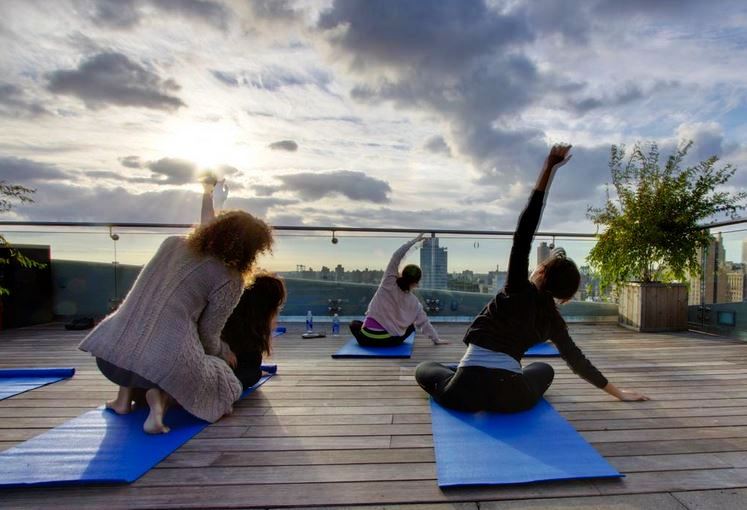
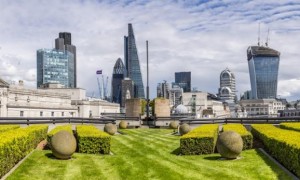
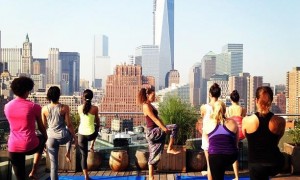




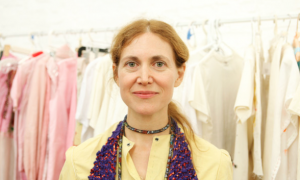

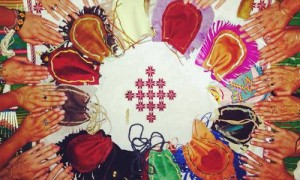


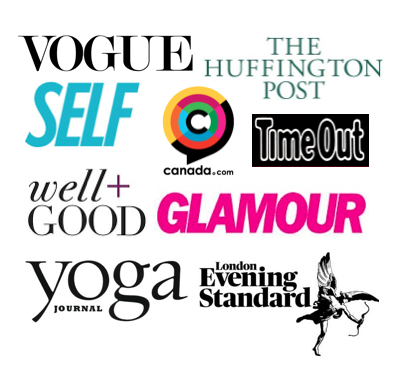
No Comments